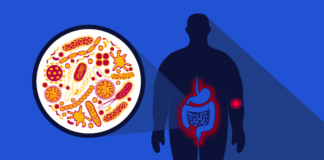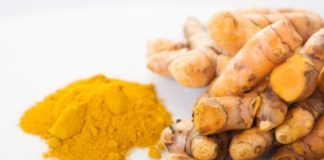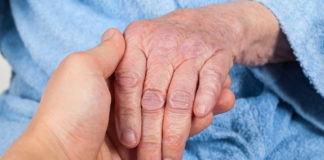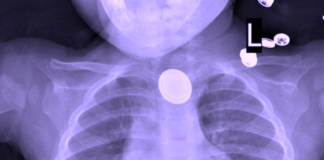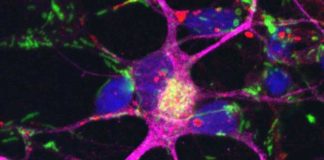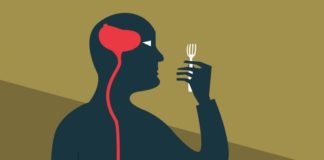Gut Bacteria Linked to Arthritis and Destruction of Joint Cartilage
Bacteria in the gut, known as the gut microbiome, could be the culprit behind arthritis and joint pain that plagues people who are obese,...
Turmeric-Derived Eye Drops Could Treat Glaucoma: Study
A derivative of turmeric could be used in eye drops to treat the early stages of glaucoma, finds a new study led by UCL...
Researchers Link Pigment Used in Foods and Cosmetics to Diabetes
In a pilot study by a team of researchers at The University of Texas at Austin, crystalline particles of titanium dioxide – the most...
Lentils Reduce Blood Glucose Levels 20 to 35 Percent in New...
Researchers report that swapping just half of a portion of starchy side dishes with lentils can significantly improve your body's response to carbohydrates. Replacing...
Gum Disease Bacteria Linked to Onset of Rheumatoid Arthritis
Rheumatoid arthritis (RA) is a chronic inflammatory disease that affects a person's joints and internal organs, causing pain and leading to disability. Rheumatoid arthritis...
Higher Vitamin D Levels Associated with Lower Risk of Breast Cancer
Researchers at University of California San Diego School of Medicine suggest higher levels of vitamin D are associated with decreasing risk of breast cancer....
Honey May Reduce Serious Gastric Injury From Lithium Batteries in Small...
A team of ear, nose, and throat (ENT) specialists has demonstrated that eating honey after swallowing a button battery has the potential to reduce...
Vitamin B3 Restores Nerve Cell Energy Production in Parkinson’s Patients
Unsteady hands, stiff muscles and slow movements are all typical symptoms of Parkinson’s disease. Some 220,000 people in Germany, and one million people in...
Brain Triggers Food Cravings by Releasing “Hunger Peptides” into Cerebrospinal Fluid
A new study shows how the brain’s plumbing system serves double duty, flushing waste and channeling a hunger molecule that tells you when you...
Probiotic and Triphala Combination Extends Fruitfly Lifespan by 60 Percent
You are what you eat. Or so the saying goes. Science now tells us that we are what the bacteria living in our intestinal...











